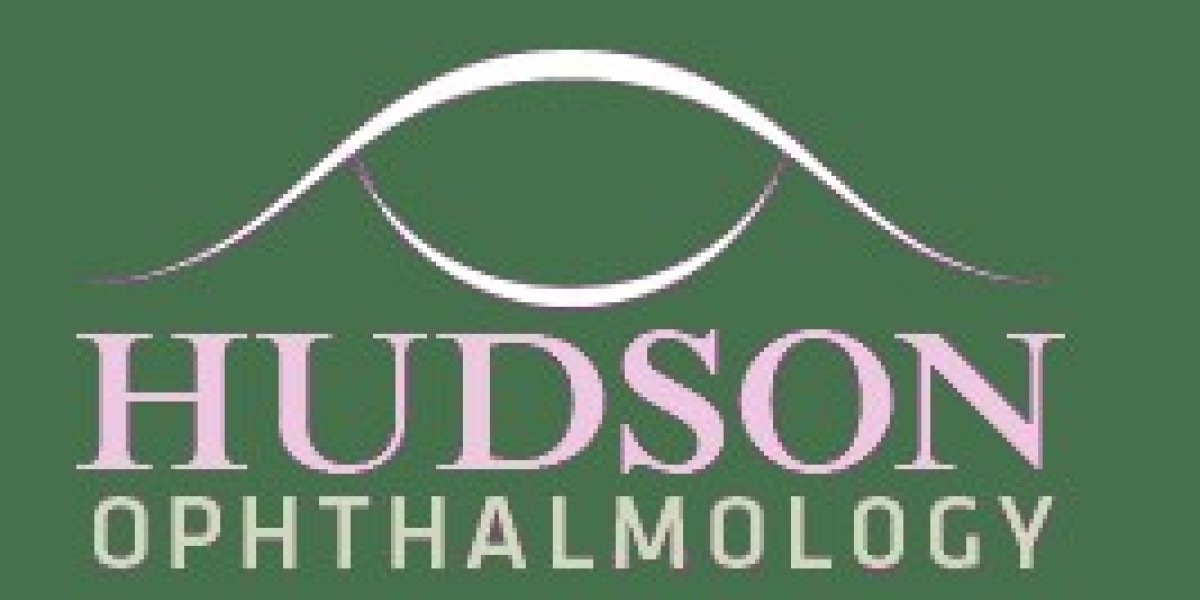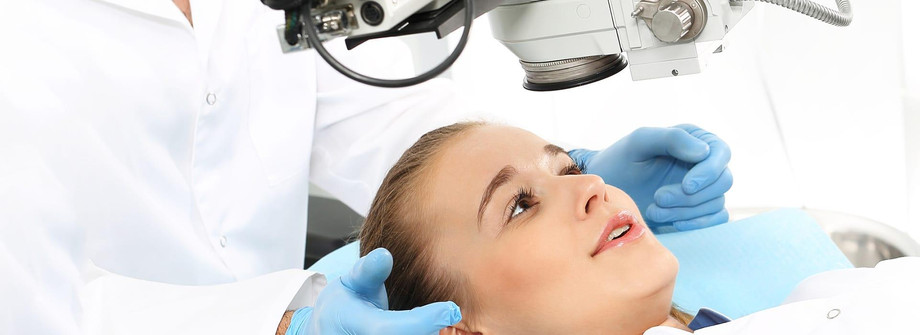In the intricate world of eye health and vision care, ophthalmologists play a vital role as the guardians of our most precious sense—sight. These medical professionals specialize in diagnosing and treating a wide range of eye conditions, ensuring that our eyes remain healthy and our vision remains clear. In this comprehensive guide, we will delve into the world of ophthalmology, exploring the significance of ophthalmologists, the scope of their expertise, and their commitment to preserving and enhancing the gift of sight for people of all ages.
Understanding the Role of an Ophthalmologist
An ophthalmologist is a medical doctor who specializes in the diagnosis, treatment, and management of various eye diseases and conditions. They are highly trained experts equipped with extensive knowledge of the complex anatomy and functions of the eyes. From prescribing corrective lenses and performing eye surgeries to managing chronic eye diseases, ophthalmologists provide comprehensive eye care services to patients of all ages, ensuring optimal visual health.
Expertise in Diagnosing and Treating Eye Conditions
Ophthalmologists possess the expertise to diagnose and treat a diverse range of eye conditions, including nearsightedness, farsightedness, astigmatism, cataracts, glaucoma, diabetic retinopathy, macular degeneration, and more. Through advanced diagnostic tools and techniques, they accurately assess the health of the eyes and develop personalized treatment plans that may include medical interventions, surgical procedures, or vision therapies.
Vision Correction Procedures
Ophthalmologists are skilled in performing vision correction procedures that transform the way individuals see the world. LASIK (Laser-Assisted In Situ Keratomileusis) and PRK (Photorefractive Keratectomy) are examples of refractive surgeries that reshape the cornea to correct common refractive errors, such as nearsightedness, farsightedness, and astigmatism. These procedures offer the freedom from glasses or contact lenses that many patients desire.
Management of Chronic Eye Diseases
Chronic eye diseases, such as glaucoma and diabetic retinopathy, require ongoing management to prevent vision deterioration. Ophthalmologists monitor these conditions closely, provide timely interventions, and collaborate with other medical specialists to ensure comprehensive care. By managing chronic diseases, ophthalmologists help patients maintain their vision and preserve their quality of life.
Pediatric Ophthalmology
Ophthalmologists who specialize in pediatric care address the unique eye health needs of children. They diagnose and treat conditions like amblyopia (lazy eye), strabismus (misaligned eyes), and congenital eye disorders. Early intervention is crucial to prevent long-term vision problems and ensure proper visual development in children.
Contributions to Research and Innovation
Ophthalmologists contribute to advancements in eye care through research and innovation. Their dedication to exploring new treatments, surgical techniques, and medical technologies enhances the field of ophthalmology and expands treatment options for patients worldwide.
For More Info:-









